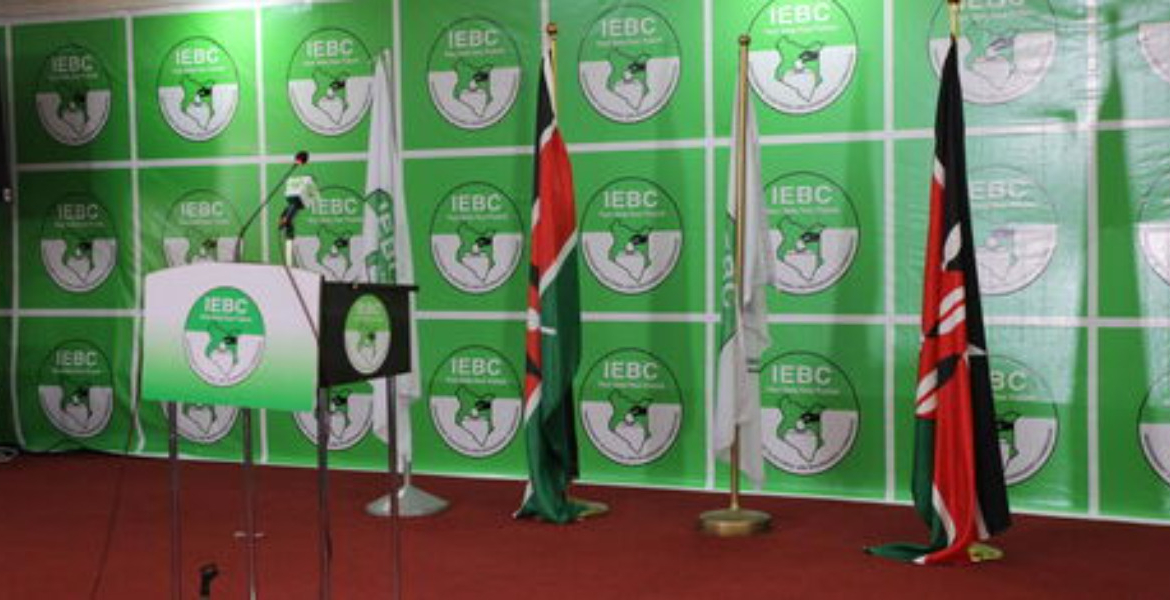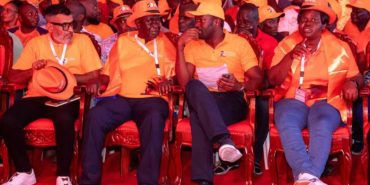Survey: Kenyans Question IEBC’s Ability to Oversee 2027 Elections

A recent public opinion poll has revealed pervasive doubts among Kenyans regarding the integrity of the upcoming 2027 General Election, coupled with significant apprehension about the selection process for new commissioners of the Independent Electoral and Boundaries Commission (IEBC).
The survey, conducted by Tifa Research between May 2 and May 6, sampled 2,024 individuals across nine regions, representing a nationally representative demographic. The findings reveal a concerning decline in public trust in Kenya's electoral system. Half of the respondents (50%) expressed a complete lack of confidence in the impartiality and fairness of the 2027 election. In contrast, only 20% indicated full confidence, while 21% expressed "somewhat confident," and 9% remained undecided.
This widespread skepticism is compounded by a low level of trust in the vetting process for new IEBC commissioners. A substantial 55% of Kenyans indicated a lack of confidence in the procedures used to select new IEBC officials, while only 39% expressed trust in the selection process. This sentiment is exacerbated by the extended vacancy in critical leadership positions within the IEBC, including the chairperson and commissioners, which has persisted for nearly two years. The leadership vacuum further undermines public assurance that the commission will be able to effectively oversee credible elections.
The current distrust in the electoral process stems from unresolved issues from past elections. The poll indicated that only 31% of Kenyans believe that all three previous presidential elections (2013, 2017, and 2022) produced valid results. Meanwhile, 37% stated that only one or two of these elections were legitimate, and a significant 32% believed that none of the elections accurately reflected the will of the people.
Significant regional disparities in perceptions of past elections further highlight the divisions. In Central Rift and Mt Kenya, a relatively higher percentage of respondents (38% and 39%, respectively) believed that all previous elections were valid. In contrast, only 16% of respondents in Nyanza shared this view, with nearly half (48%) of those polled from the region believing that none of the elections accurately captured the true outcome.
The lack of confidence in the upcoming elections is primarily driven by concerns over political interference, corruption, and the IEBC's perceived failures. According to the poll, 30% of respondents identified political interference as the main factor undermining election integrity. An additional 29% pointed to corruption and voter bribery, while 23% cited a fundamental lack of trust in the IEBC itself.
These concerns reflect broader systemic challenges that have historically plagued Kenya’s electoral system. Recurring claims of vote manipulation, disputed results, and concerns over transparency have fueled a pervasive belief that elections are vulnerable to external influence and misconduct. This uncertainty is amplified by the ongoing leadership crisis within the IEBC, leaving many Kenyans questioning whether the commission will be adequately prepared to conduct a credible election.
The survey also reveals low public awareness of critical electoral deadlines. Only 8% of respondents were aware that the IEBC had already missed a crucial constitutional deadline for reviewing constituency boundaries, which was due in February 2024. This process, mandated by law, is essential to ensure equitable representation in the upcoming election. The prolonged absence of IEBC leadership has hindered progress on this critical task.
"Two-thirds of Kenyans were unable to identify the main constitutional deadline in terms of preparation for the next election. This process should have been completed by February 2024," stated Tom Wolf, the lead investigator at Tifa Research.








Add new comment